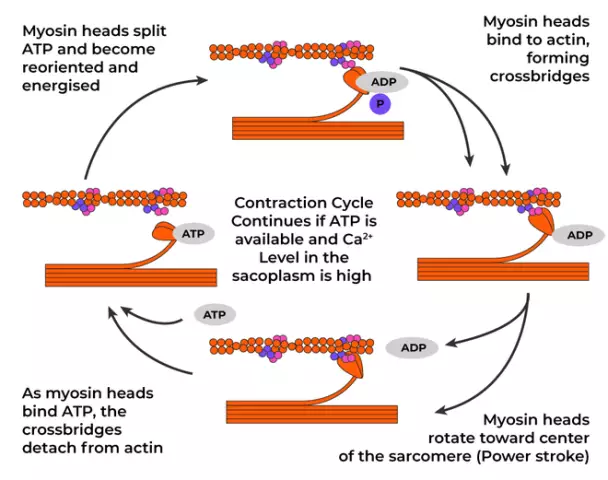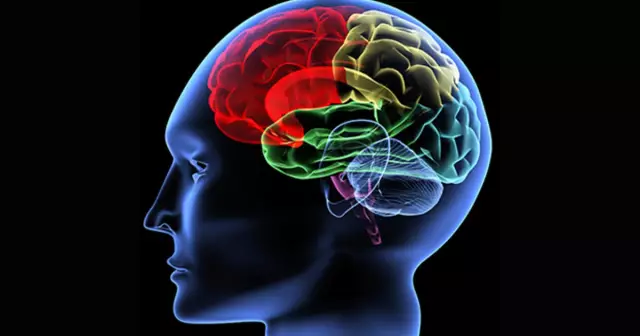- Author Rachel Wainwright wainwright@abchealthonline.com.
- Public 2023-12-15 07:39.
- Last modified 2025-11-02 20:14.
What are the causes of spasms

The most common reason for seeking medical attention is pain. In turn, very often pain, especially acute pain, is caused by spasms. What is spasm? This is an involuntary sharp contraction of the muscles, leading to various disorders - from compression of the nerve endings to circulatory disorders (vasospasm), or to their combination, if the spasm is prolonged. The causes of spasms are as varied as the types of spasms themselves, of which there are many.
A spasm of cerebral vessels, for example, we call a stroke, and another type of it is the basis of migraine, a spasm of the heart is a heart attack, there is blepharospasm, spasm of the gastrocnemius muscle, familiar to very many, intestinal spasm, bronchial spasm, laryngeal spasm and so on. Of course, each case will have its own reasons, moreover, there may be several reasons for the spasm. Nevertheless, we will try to consider the most common of them.
The spasm can be caused by direct damage to muscles or nerves. This does not necessarily mean direct injury, although it can occur. But most often the cause is chronic trauma. So, the cause of spasms of cerebral vessels in a large number of cases is cervical osteochondorosis, as a result of which the vessels supplying the brain and nerve endings are compressed. Cerebral vasospasm, by the way, is the main cause of headache.
Emotional shock, or, as they say now, stress, also leads to spasms, and since stress affects the entire central nervous system, it can cause spasms in various parts of the body. An example is intestinal spasms, often accompanying emotional instability, or esophageal spasms, manifested as nausea, and sometimes even vomiting with extreme excitement.

Movement disorders also cause muscle spasms. In this case, different muscle groups suffer, although the mechanism is similar: overwork and overstrain. Thus, both prolonged sitting in front of the computer and too active training can lead to muscle spasm, but in the first case, static muscle tension will be to blame, and in the second - dynamic. Static overstrain can occur not only with a sedentary lifestyle, but when one muscle group is regularly subjected to static stress. For example, for drivers whose hands are tightly gripping the steering wheel for many hours.
One branch of medicine, osteopathy, considers spasms to be the cause of most chronic diseases. Eliminating the cause of the spasm, osteopaths believe, they restore impaired blood circulation and innervation, making it possible for the affected organ to recover. I must say that their statements are fully confirmed by practice.
Found a mistake in the text? Select it and press Ctrl + Enter.






